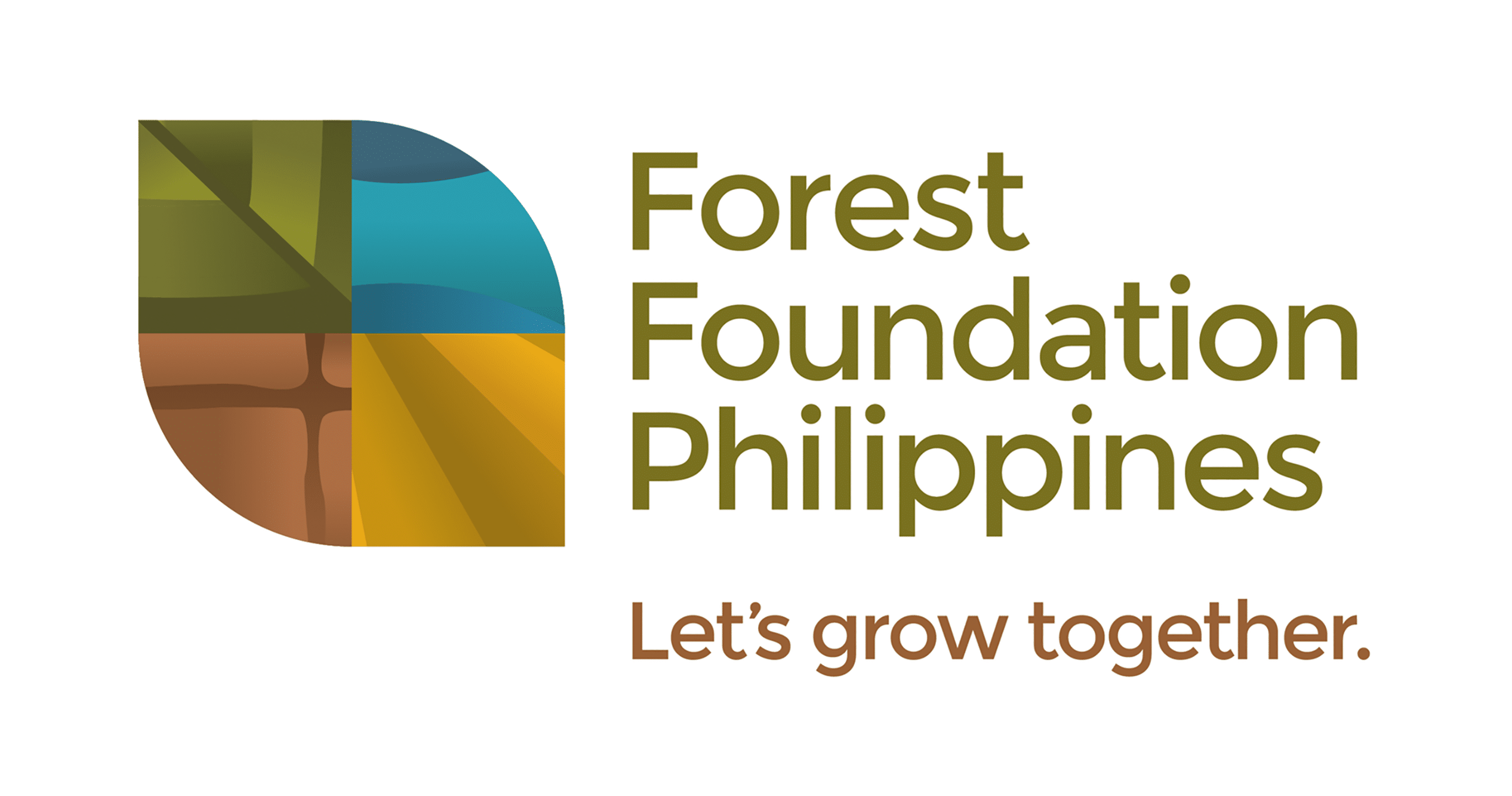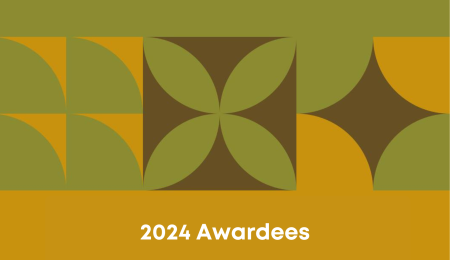Plans to put up a forest bathing area inside the 24-hectare Ninoy Aquino Parks and Wildlife
Nature Center (NAPWNC) in Quezon City are now underway.
This after the Department of Environment and Natural Resources (DENR) formally launched last
week the start of building a forest bathing area (FBA) in order to promote biodiversity conservation
efforts and its program to integrate green spaces into the country’s urban areas.
The launch was part of the 2023 International Day for Biological Diversity celebrations organized
by the DENR last May 23,2023 at the DENR’s Biodiversity Management Bureau (BMB) pursuant to a
partnership it entered into Memorandum of Understanding in 2021 with the Forest Foundation
Philippines, Philippine Association of Landscape Architects (PALA), and the Philippine Institute of
Environmental Planners (PIEP).
The MOU provides that the DENR-BMB ensures the promotion and establishments of FBAs
throughout the country, formulates policy recommendations and guidelines on FBA establishment,
periodically monitors and evaluates implementation of the FBA project, and assists in the formulation of Site Development Plans (SDPs) for identified FBAs.
For their part, PALA is to lead in the formulation of a detailed the detailed SDPs of each area
identified for urban forest bathing complete with technical specifications, requirements, and directive
for the design, including the PIEP, on the other hand, is to give technical support related to land use, zoning and strategic development plan for the establishment of urban forest bathing sites, and identify applicable codes and regulations to the development of the areas for urban forest bathing.
The undertaking doubles as a public health initiative, especially in addressing health issues
related to stress and overcrowding due to development and rapid urbanization. Also dubbed as “forest medicine,” forest bathing is the english translation for “Shinrin-yoku,” which originated in the 1980s in Japan whose residents, especially those in urban areas, were urged to connect with nature by taking time out in forest parks. Ensuing studies on the effects of “Shrin-yoku” show that forest bathing reduces stress, anxiety, depression, lowers blood pressure, boosts the immune system, and aids sleep including improved cardiovascular conditions.
According to Forest Foundation Program Officer Diane Bagui, the project is a big boost to NAPWNC’s benefits as a protected area as the FBA “aims to maximize available natural resources and features” of NAPWNC and further enhance it to ensure that the ambient air quality is improved and noise from outside the park is minimized,” adding that the FBA’s exit and entry points are regulated “thus foot traffic in the identified forest bathing area is minimal.”
“We hope to partner with healthcare professionals who can recommend or make urban forest
bathing as a prescription,” Bagui explained. Bagui said the choice for NAPWC as the project’s pilot area is due to “its relative location to health care facilities whom we can partner with at the course through of the project implementation.”
NAPWNC is one of the 94 protected areas legislated in Congress following the passage of the Expanded National Integrated Protected Areas System (ENIPAS) Act of 2018 or RA 11038, an amendment to the NIPAS Act of 1992 or RA 7586.
Photo Credit: Gaudencio (Audie) Dela Cruz of SCIS-DCD
Note: This press release was crafted by SCIS-DCD.




